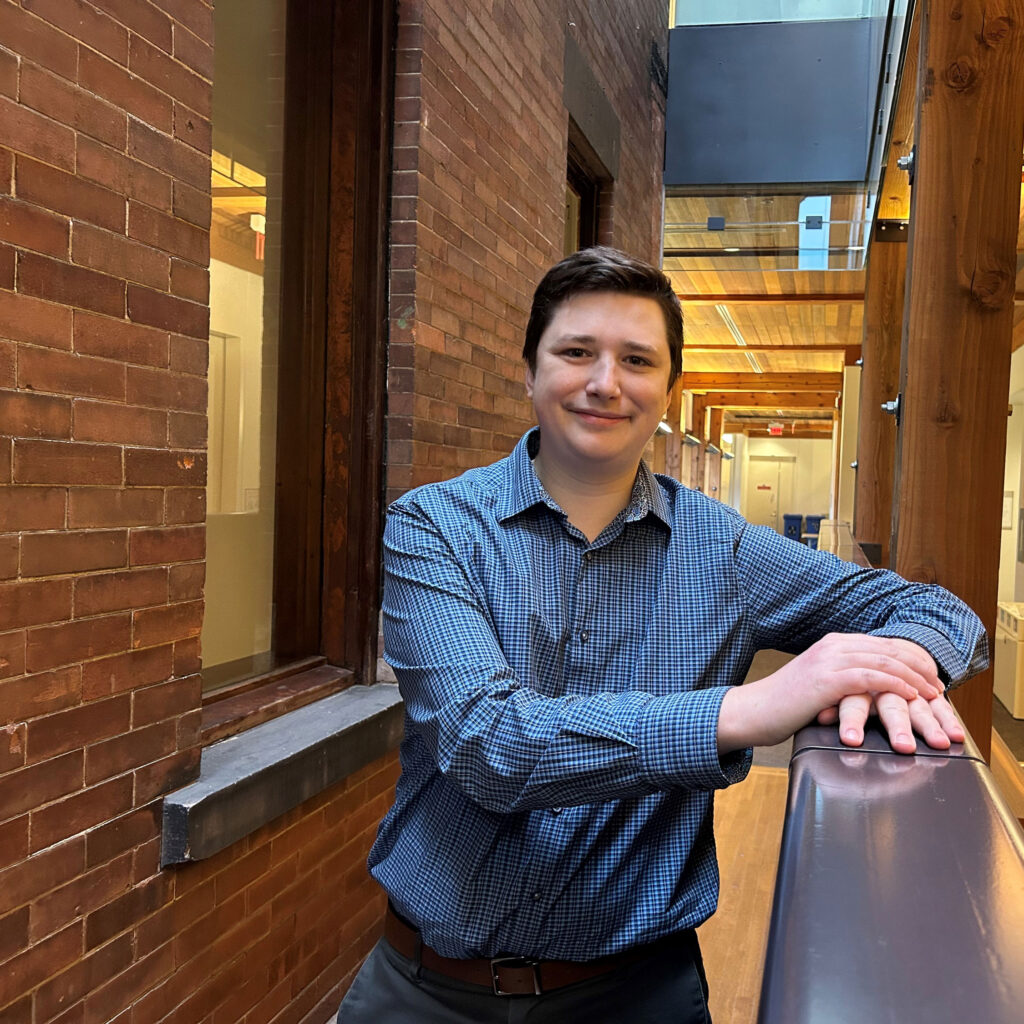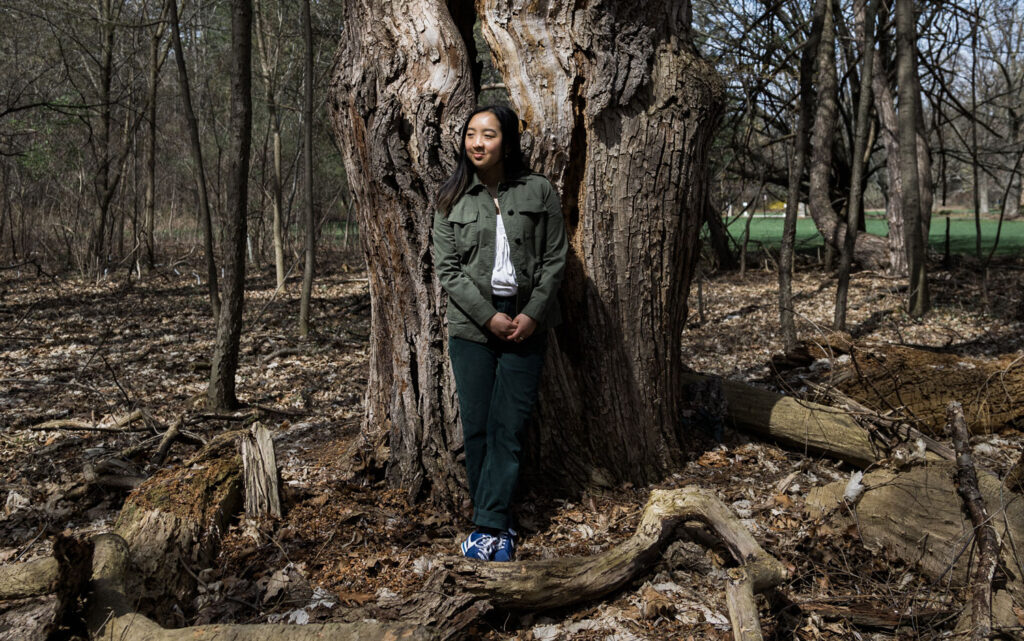Solve the youth housing crisis + protect the Greenbelt: how Alex did the math

As a kid, Alex Hempel (BA 2017 TRIN, MA 2018) noticed condos multiplying along the Gardiner Expressway. Wondering why led him, years later—in the midst of an unprecedented housing crisis for students—to his PhD research in economics. Delving into how policies like the Ontario Greenbelt affect housing supply, he’s also proposing creative solutions to solve our housing woes without touching the protected land.
Alex tells us his story, from how he fell for economics to what it means to receive a scholarship founded by people in his own industry.
I liked math, but I also liked public policy and issues in the world.
That’s why I applied to general Arts and Sciences for my undergrad, to have a richer blend of those two interests. I ended up doing a double major in both economics and European studies and it was great. U of T makes the learning experience pretty amazing because you can take classes on almost anything.




